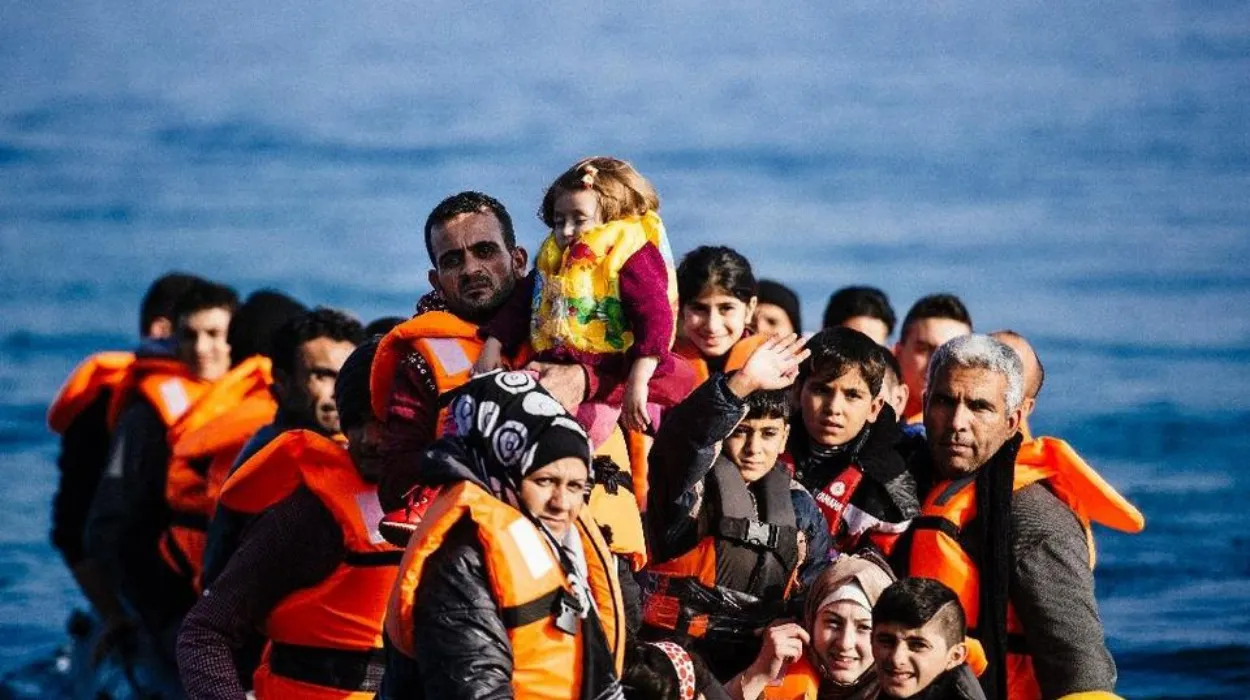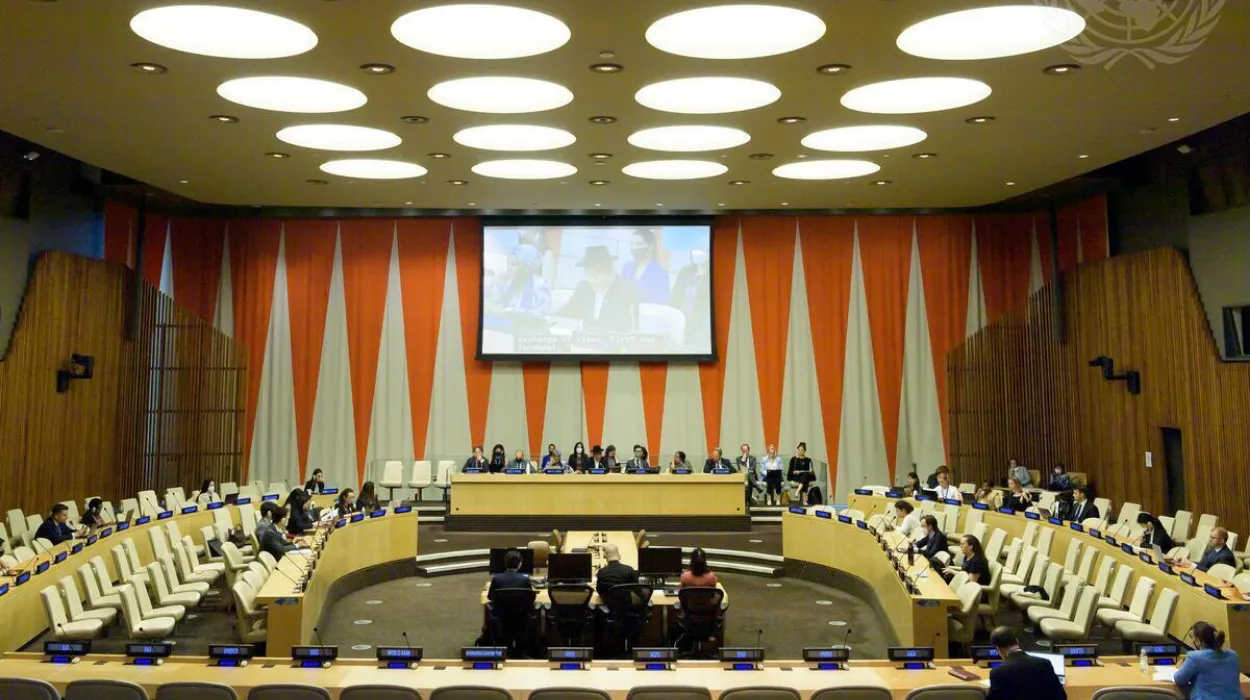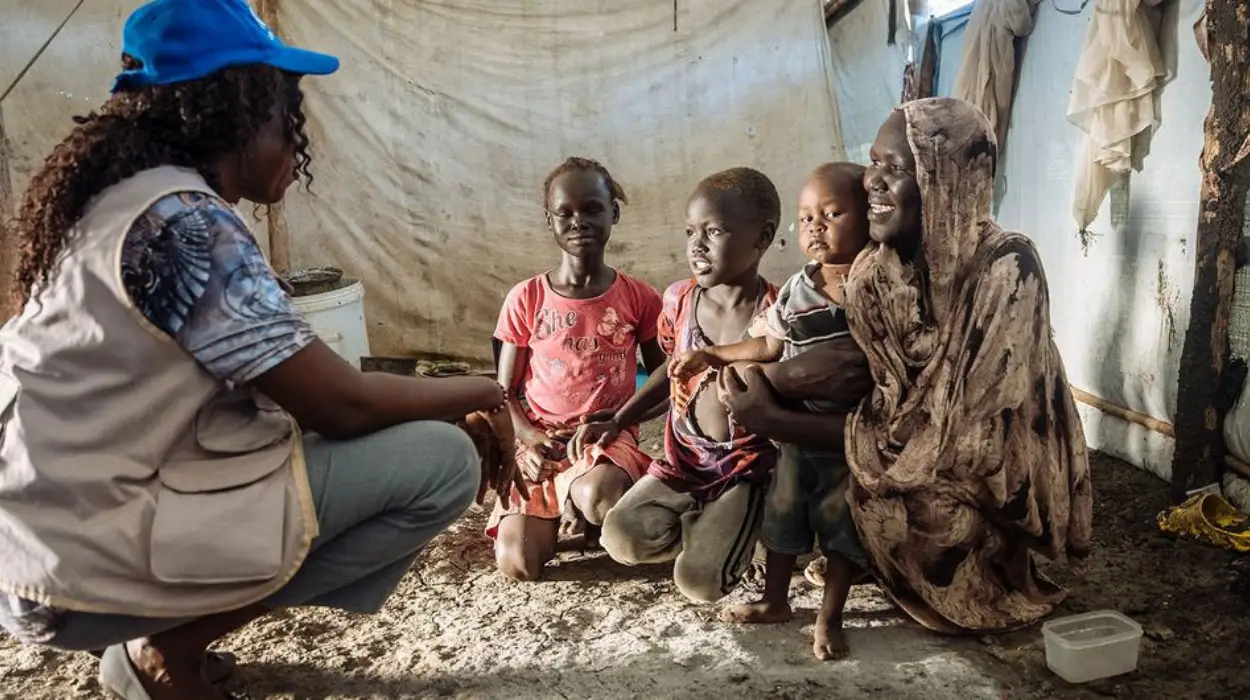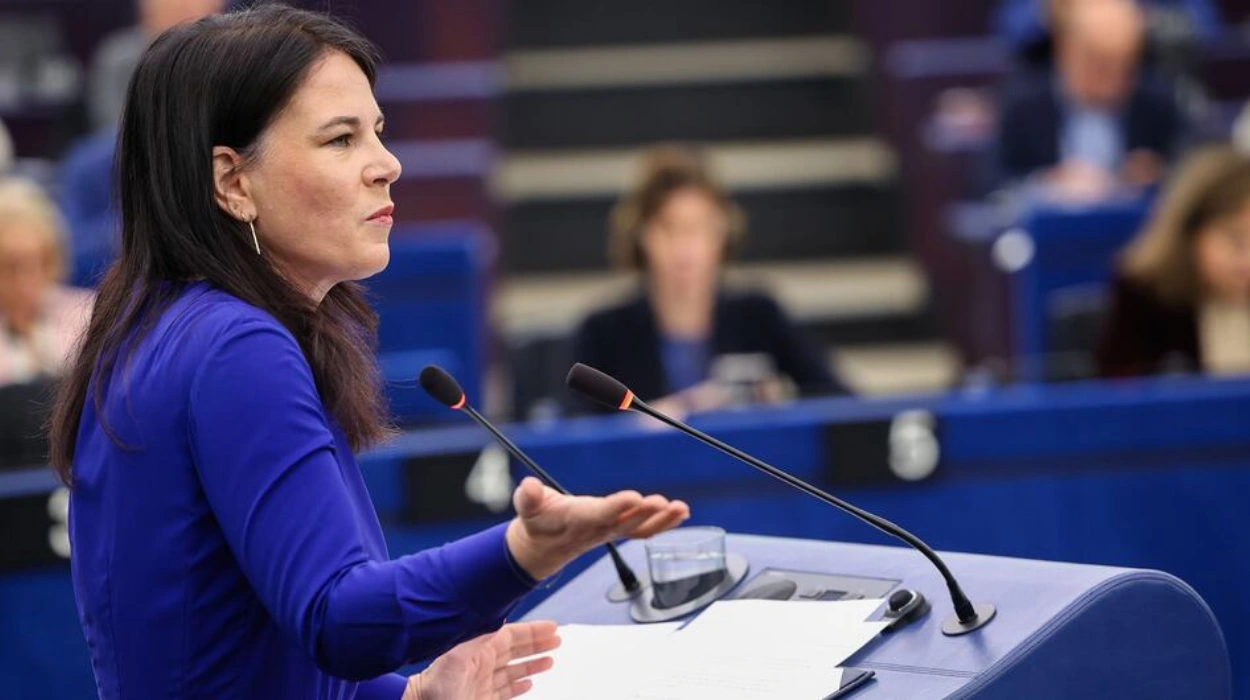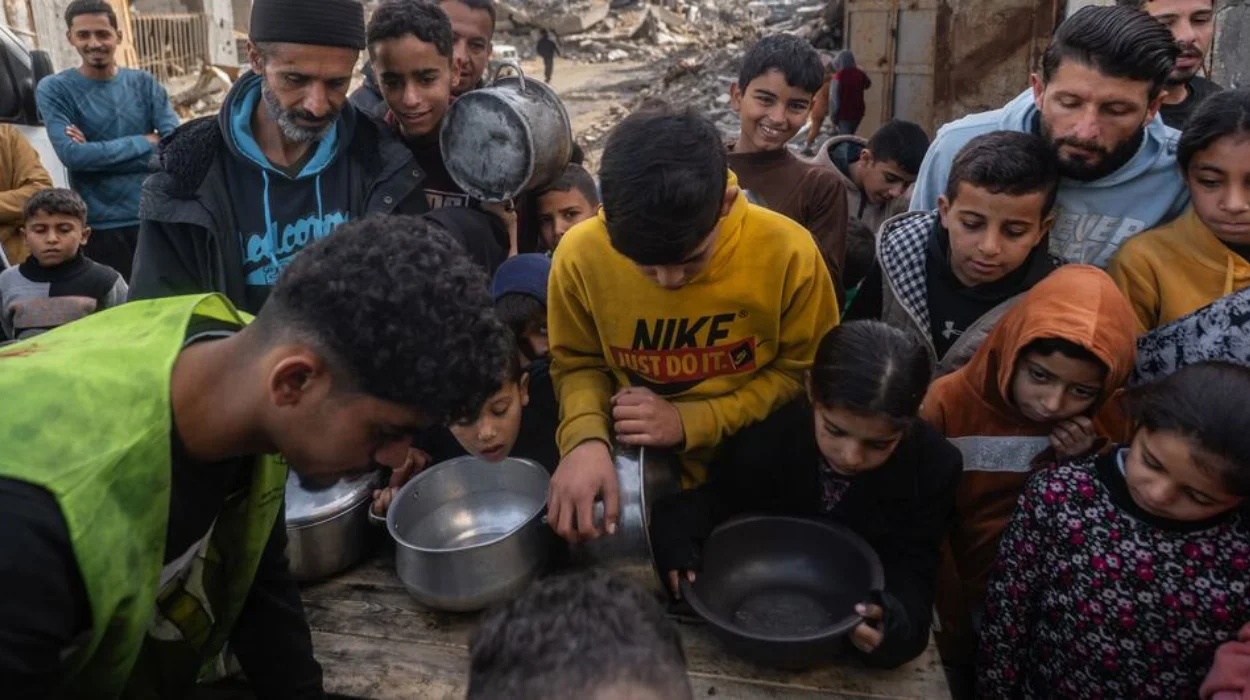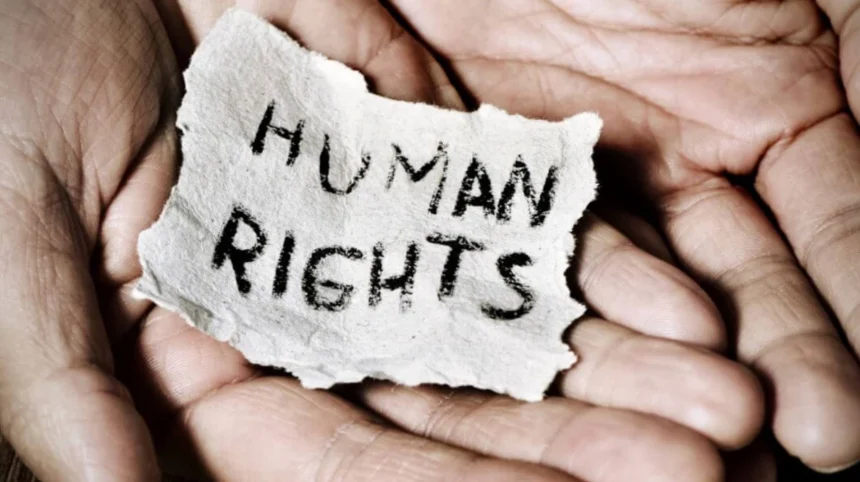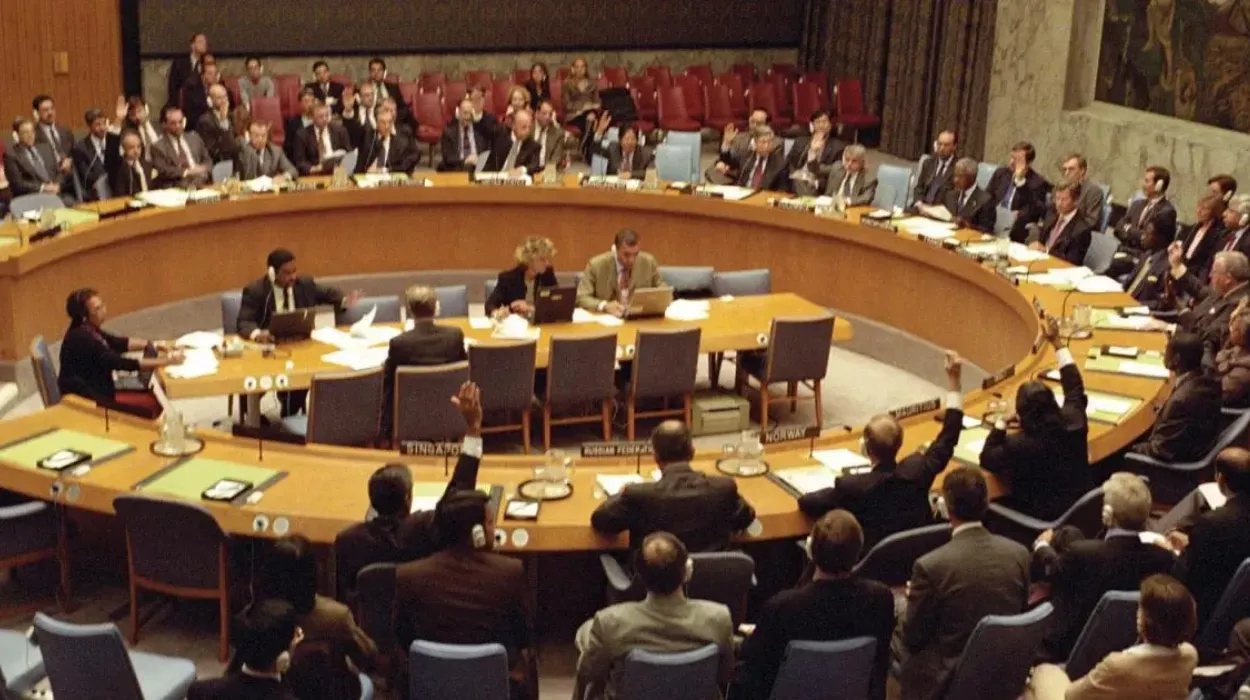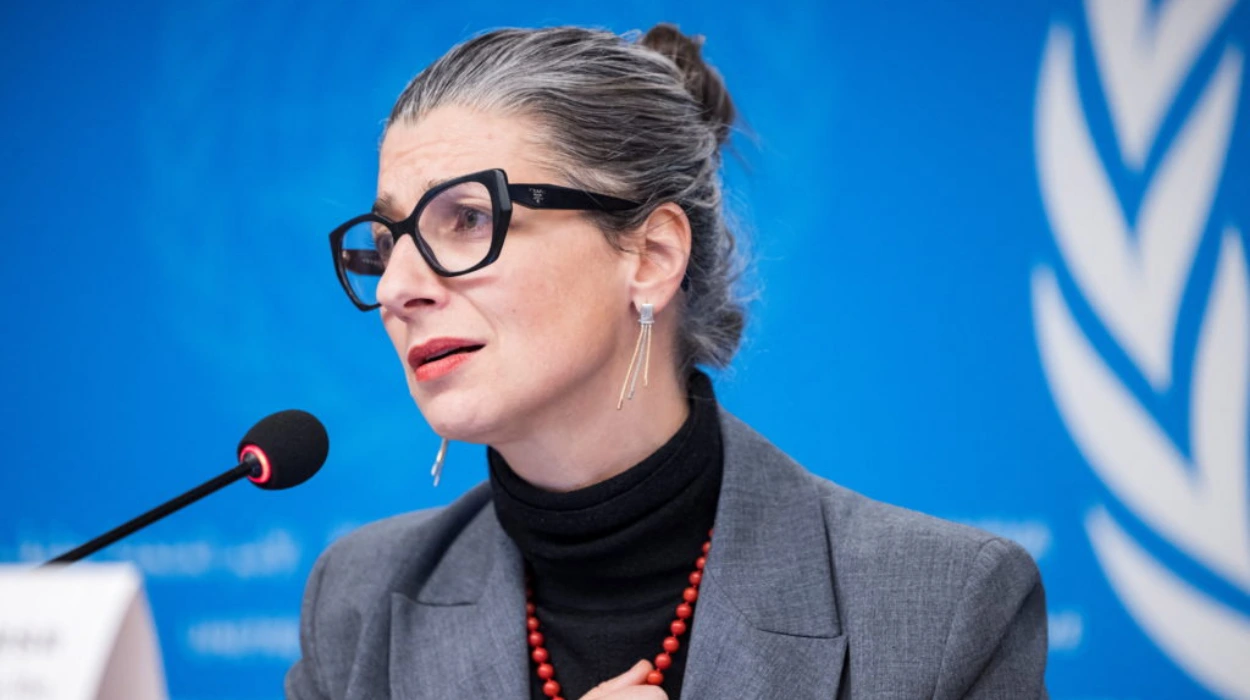Non-governmental organizations (NGOs) have evolved to become key players in the United Nations human rights system. Their official entry into the processes of the Human Rights Council testifies to the integration of civil society actors in the international system of human rights management. With the establishment of the Council in 2006, NGOs holding consultative status with the UN Economic and Social Council (ECOSOC) have become increasingly organized in their efforts to advance universal human rights and fundamental freedoms.
Over 3,050 NGOs have gained ECOSOC consultative status as of early 2025 giving them access to proceedings in the Human Rights Council (HRC). This status enables them to present written reports, oral interventions and side events in addition to formal sessions. The spread of this participatory model is indicative of an increasing awareness of NGOs as observers and players in international human rights institutions. Their availability has become an accepted part of improving accountability and transparency within the system.
Procedural innovations to widen the interface between the system of reporting at the grassroots and the system of review at intergovernmental level have also been encouraged by the institutionalization of NGO access. This dynamic is still developing in 2025 as the Council adjusts to geopolitical changes, emerging crises, and new digital advocacy and monitoring tools.
Influence Of NGOs In Shaping Human Rights Discourse And Accountability
NGOs are instrumental in offering detailed, situational information that is usually missing in national reports. Their shadow reports to treaty bodies and submissions to special rapporteurs provide in-depth details on challenging matters including forced displacement, environmental rights, police abuse and political repression. Official reviews tend to use these contributions as a basis and include them in the Universal Periodic Review (UPR) process.
Their worth is in reporting and in interpretive framing. To create informed evaluations of state conformity to international commitments, NGOs rely on legal and field findings as well as community testimonials. This expertise reinforces the decisions made by the Council and contributes to wider debates about thematic areas such as digital privacy, climate justice, and racial discrimination.
Regional organizations are particularly significant in crisis-affected regions by mid-2025. NGOs working in Sudan, Myanmar and Gaza have reported systematic rights abuses and their reports have been heard by the Council, as well as by pertinent UN special procedures. Such contributions still influence discussion of international responses, such as targeted sanctions, investigative mandates, and humanitarian coordination.
Amplifying Marginalized Voices And Advancing Inclusivity
Among the most important tasks of NGOs is to provide voice to communities whose experience can be easily lost or omitted by state-centered discourses. The NGO networks are frequently used by groups representing indigenous people, women, lesbians, gay, and transgender communities, and religious minorities to take their issues to an international level. Their campaigning gives them a platform to connect local complaints with international standards.
But the imbalances in representation are pronounced. Although human rights issues are prevalent in the Global South, the number of African, Latin American, and southeast Asian NGOs with ECOSOC status is approximately third of the total. The language barriers, complicated application process, and lack of funding discourage smaller organizations from participating in the UN system.
In the year 2025, a number of African NGOs have requested the facilitation of the accreditation procedures and the establishment of preparatory workshops on a regional basis in order to even the playing field. The measures are regarded as essential to enhance equity and make the work of the Council informed by a fully global civil society.
Ongoing Challenges And Opportunities In NGO Engagement
Although the NGO participation is officially safeguarded, their freedom of operation is mostly subject to the goodwill of the member states. By 2025, rifts among the Council members are still acute, particularly, in the areas of migration, freedom of expression, and Israel-Palestine conflict. Other member states have responded to NGO criticism by refusing accreditation or denying access by procedural delay.
In March 2025, multiple NGOs reported being particularly scrutinised in the discussions of surveillance and censorship by the state. The Assistant Secretary-General on Human Rights reported cases of reprisals against activists who have interacted with the UN mechanisms and there has been renewed calls to strengthen the reprisals prevention mechanism under the office of the Secretary-General.
Access to NGOs is also influenced by the greater geopolitical context. In autocratic nations, homegrown limitations on external financing and assembly rights have limited the working power of rights based groups, which are unable to engage effectively at the UN.
Strengthening Mechanisms For Broader Civil Society Involvement
In the face of these hurdles, real attempts are being made to expand participation. The Group of Friends of the UPR, which includes such countries as Argentina, Armenia, Fiji, Pakistan, South Africa and Norway has pushed in favor of increased funding to underfunded civil society organizations. In their combined declaration at the June 2025 HRC session, they highlighted the necessity of flexible funding sources, translation services, and local civil society centers.
Meanwhile, the Office of the High Commissioner of Human Rights (OHCHR) has been investing more in civil society participation. By April 2025, new grants are announced to support NGOs in small island developing states and landlocked least developed countries to increase their presence in the UPR and treaty body process.
Plans are also being made to computerize engagement tools. In early 2024, the eHRC portal was extended with multilingual submission templates, allowing smaller organizations to be more involved. Analysts think this would enhance the geographical and thematic diversity of contributions and make the system more inclusive and resilient.
Emerging Trends In NGO Collaboration And The Road Ahead
The need to expand civic space and bureaucratic challenges have led to cross-regional cooperation between NGOs. Thematically based coalitions like digital rights, climate justice, and refugee protections have allowed resources to be pooled, advocacy tactics to be shared, and a consistent message to be coordinated.
In 2025, some of these networks will be central to the activities of the HRC 56 th session, playing a role in resolutions on online censorship and the influence of artificial intelligence on privacy rights. Their effect demonstrates that collective action has the potential to strengthen the impact of NGOs, especially when it comes to tackling influential state actors or protecting controversial issues.
Another trend that is accelerating is the use of technology in human rights work. Now, NGOs document abuses in real-time with the help of satellite imagery, encrypted data-sharing tools, and AI-aided analysis. Such innovations are transforming the way in which information is gathered, checked, and submitted to the Council, and providing new resources to both hold and speak.
Yet with opportunity comes risk. Concerns about data security, digital surveillance, and the safety of human rights defenders persist. The Human Rights Council has acknowledged these risks, calling for clearer ethical guidelines and protections for those using technology in rights-based work.
The evolving role of NGOs in UN human rights advocacy continues to shape the global dialogue on dignity, justice, and accountability. As key contributors to the Human Rights Council’s credibility and reach, NGOs help transform abstract principles into actionable norms. Yet their continued relevance depends on dismantling systemic barriers that hinder participation and undermine inclusivity. The challenge for 2025 and beyond lies in balancing institutional structure with grassroots dynamism, ensuring that the voices heard within the UN echo those still struggling to be heard beyond it.


